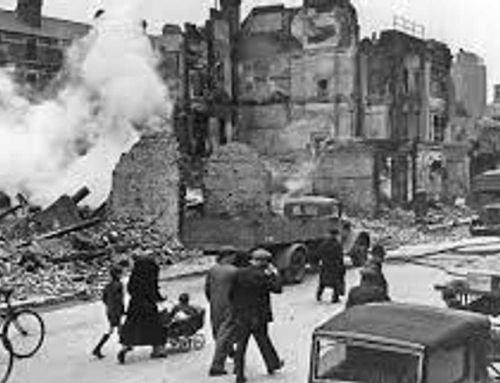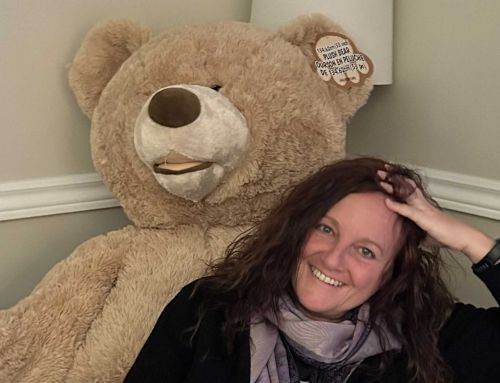Recently, at the Centauri Arts Academy, I’ve been using surrealist experiments as a part of the writing workshops. Most people take writing workshops for one of three reasons. The first two are usually evident to them: they want to learn techniques that will help make them better writers, and they want to share their work to get help with the editing process. But there is a third reason that writing workshops can be a huge help to young or emerging writers: they help us to identify what inspires us, how and when we are at our most creative, and under what conditions we write best. Discussion with like-minded people is a great way to discover many of these things about ourselves. So are surrealist writing exercises.
Surrealism is a cultural movement that began in Europe in the early part of the twentieth century. Its purpose was to explore the real world through the lens of dream. It gave rise to many fabulous (and sometimes bizarre) artistic works, and this alone makes surrealism worth exploring, as a style, for most writers. However, exercises that promote a surrealist approach to writing also free us from many of the constraints that we impose upon ourselves when we write. We stop making sense (ie., imposing meaning) and instead we allow sense to find itself. We trust our intuition and subconscious, and we write for ourselves, to begin with, not to please others. It’s a process of self-discovery that most often leads to the accidental creation of terrific writing, just because we’ve taken away the pressure to be good, to be logical.
Here are some useful Surrealist experiments you can try at home.
1. For a week, keep a journal beside your bed. Begin to write immediately you wake up. Attempt to recall the flavour and emotion of your dreams, Write down everything you can remember. Don’t stop writing until the memory of your dream begins to fade. Revisit your free write later in the day. Make a note of anything you think you could later reshape for use in your writing.
2. Try Automatic Writing. Take a bizarre idea, dream image or random question and simply begin to write. Censor nothing. Don’t write in complete sentences. Write where your thoughts take you, and describe images as they come to you. This takes practise! Automatic Writing is for the writer only: don’t share. Repeat open, training yourself to attend to subconscious ideas and images you might normally block or ignore.
A prompt to begin with: Something is living in your ear.
3. Select a poem at random. Cover all but the first line with a blank sheet of paper. Read the first line and then respond to it, in a line of poetry of your own. Now, move your blank sheet of paper down one line, and repeat. You are always responding to the line of poetry, never copying. Don’t read over what you have written. Respond quickly to each line as you read it. Only re-read your own poem once you have done. In this exercise, you don’t set out to be nonsensical: the parameters you set for your writing do this for you.
More Surrealist Writing Challenges to follow soon!




